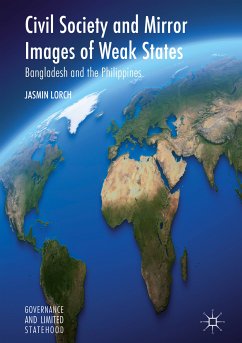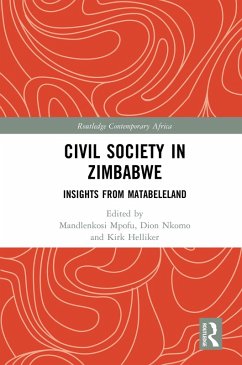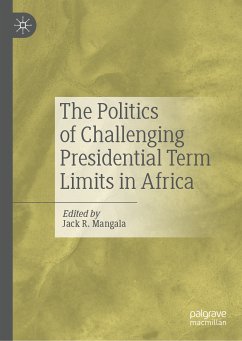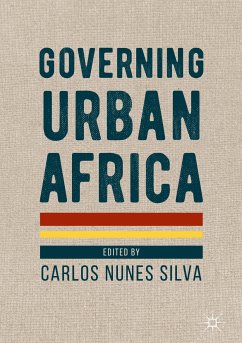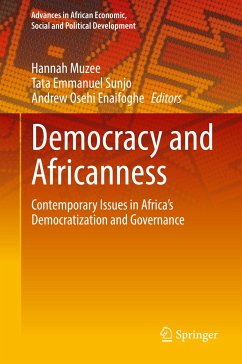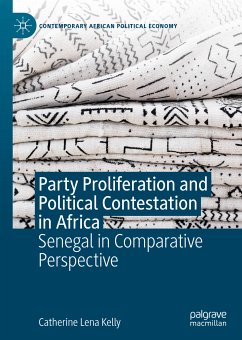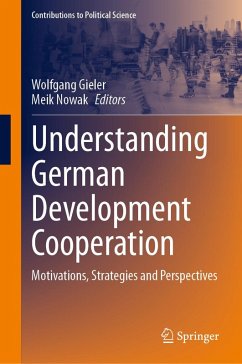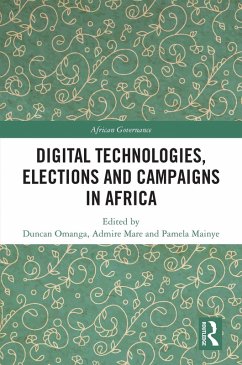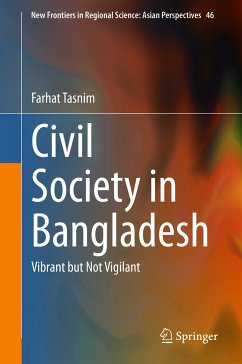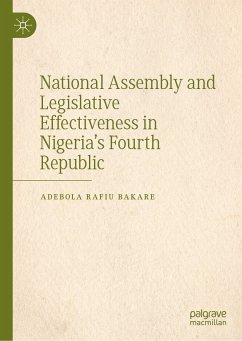
Civil Society and the Party-state in Zimbabwe (eBook, PDF)
Democracy, Hegemonies and Polarities
Versandkostenfrei!
Sofort per Download lieferbar
88,95 €
inkl. MwSt.
Weitere Ausgaben:

PAYBACK Punkte
44 °P sammeln!
The book utilises Gramsci's concepts of hegemony, counter-hegemony, organic intellectuals, and integral state to interrogate how modes of engagement between the state and civil society have contributed to a polarised polity in Zimbabwe, and in turn how this has impacted democratisation processes. This was achieved by analysing intra-civil society interactions and state-civil society relations, which established deep polarised relationships that can be traced back to the liberation struggle. It also interrogates ideologies that drive these polarised relations, and how, together with material be...
The book utilises Gramsci's concepts of hegemony, counter-hegemony, organic intellectuals, and integral state to interrogate how modes of engagement between the state and civil society have contributed to a polarised polity in Zimbabwe, and in turn how this has impacted democratisation processes. This was achieved by analysing intra-civil society interactions and state-civil society relations, which established deep polarised relationships that can be traced back to the liberation struggle. It also interrogates ideologies that drive these polarised relations, and how, together with material benefits from donors and the party-state, these relations impact ordinary people's modes of existence. One of the arguments that emerge from the book is that political polarisation in Zimbabwe has now morphed into an established political culture that has played a huge role in the retardation of democratic struggles. It uses ideas of entangled modernities and travelling theory to cast doubt on the belief that civil society is the 'missing key' in the democratisation of developing countries.
Dieser Download kann aus rechtlichen Gründen nur mit Rechnungsadresse in A, B, BG, CY, CZ, D, DK, EW, E, FIN, F, GR, HR, H, IRL, I, LT, L, LR, M, NL, PL, P, R, S, SLO, SK ausgeliefert werden.



